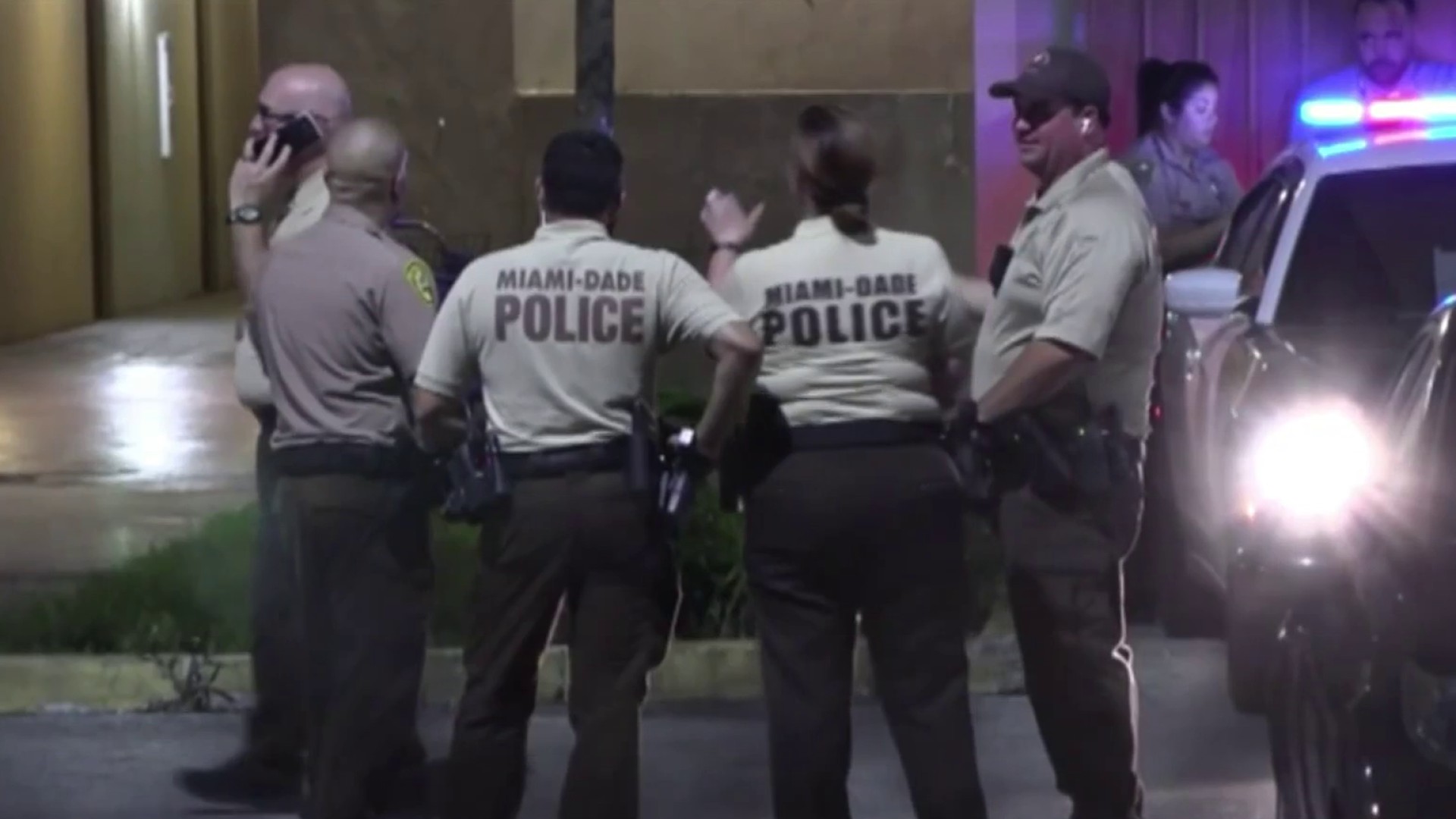South Floridians should prepare to pay more in property taxes next year – and how much is still up for debate.
According to local property tax assessors, property values in Miami-Dade and Broward counties increased more than 11% from the year before. That causes local governments to debate whether to lower their tax millage rates on property owners in the face of skyrocketing home prices, inflation, and higher interest rates.
One of the biggest battles will be early in Miami-Dade County. Budget documents posted online show county Mayor Daniella Levine Cava wants to cut the property tax rate by one percent in 2023. It will be the first rate cut in 10 years. With rising property values that will still create an increased budget of $10.3 billion collecting $462 for every $100,000 worth of taxable property, dropping down from $467.
“These are extremely challenging times. We know that people are suffering,” Levine Cava told NBC 6.
Get South Florida local news, weather forecasts and entertainment stories to your inbox. Sign up for NBC South Florida newsletters.
Driving the upcoming fight in county hall is the fact that most homeowners will likely pay more in property taxes next year because they have higher tax assessments.
The state caps how much an assessment can increase, 3% for properties with homestead exemptions.
“We know that a tax cut is a good idea with so much extra money in the coffers. But we also know that we can use those funds to help the people that are struggling the most,” Levine Cava said.
Local
The mayor’s proposal will now be voted on next Tuesday by the 13 county commissioners, who may want to make the tax cut larger.
“I think it’s a start. We definitely have to reduce the millage and the county commission will want to reduce the millage. I don’t think that 1% is enough,” Commissioner Raquel Regalado said, wanting to push for a 3% cut.
An analysis from the county policy and budget office reports a 4% cut would be needed to keep tax bills for average homeowners the same.
“We’ve talked about a lot of different things because have so many issues with rent and property taxes and paying their bills. This is the way we can effectuate change right now,” Regalado said.
Levine Cava is set to hold a press conference Friday at 11 a.m. to lay out her budget priorities. She told NBC 6 that on the top of the list is more money for affordable housing programs.
She worries cutting the tax rate by more than 1% could lead to shortfalls in the coming years, with some economists predicting a possible recession. A small percentage tax rate cut could mean saving the individual family dozens of dollars but could mean millions lost from county budgets.
“We also don’t want to put ourselves in a situation where we have to cut critical services like public safety, like police, like fire. Those are the basics. So, we have to proceed very thoughtfully, very carefully,” Levine Cava said.
Next Tuesday, the county commission will set the millage rate. Then homeowners will receive a notification in the mail detailing how much they will be paying in taxes. During the next few weeks, local officials will finalize their 2023 budgets. It is still possible for the county to lower their tax rate after Tuesday, they just cannot raise it.
The process will repeat itself in local governments across South Florida.
Broward County Mayor Michael Udine told NBC 6 they are still working on their official proposal. If they do not lower the tax rate in Broward, Udine wants to move a large portion of the new money into reserves for when an economic downturn hits local governments.
Much of this is outside local government control. According to Broward County Property Tax Appraiser Marty Kiar, the booming housing market is causing the increase in values and taxes.
“What’s going on right now is people are moving from all over the world and making Broward County their home. And they’re paying top dollar for property. You have people from New York, California, Chicago, any state that has an income tax. They’re coming here and they’re paying a lot of money for property,” Kiar said.
Kiar told NBC 6 since homestead exemptions limit how much tax assessments can increase, whichever is lower between 3% and the inflation rate, specific groups of people will bare much of the new tax burden. Those groups are new homebuyers, people with second homes, and commercial apartment complexes which will likely pass down costs to renters.



